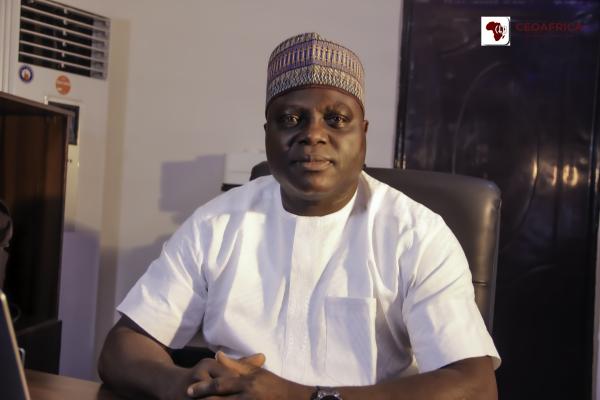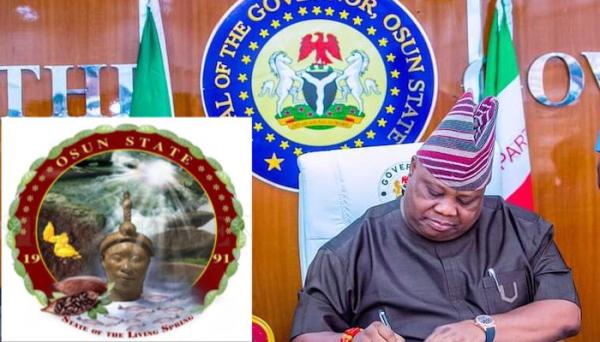
The economy is on its way out of recession, considering the 2016 overall and last quarter Gross Domestic Product (GDP) figures released yesterday by the National Bureau of Statistics (NBS).
A review of the recent figures released by the NBS, show a contraction of 1.30 per cent in the fourth quarter of 2016, translating into an estimated economic growth rate of 1.51 per cent for the full year.
According to the NBS figures, the economy actually performed better overall last year as the growth rate was higher with a contraction at 1.5 per cent than the 1.8 per cent predicted by the International Monetary Fund (IMF), raising the hope that the recession may have bottomed out with the improving trends in several key sectors of the economy of agriculture and mining.
The Special Adviser to the President on Economic Matters, Adeyemi Dipeolu, said “the new figure shows the slow-down in the economy for most of 2016 but also show that the recession may have bottomed out because of an improving trend in several key sectors.”
“The slowdown in the services sector arose from generally fragile economic conditions,” Dipeolu said. “This is because its fortunes depend to a large extent on consumer spending and government expenditure, which were both adversely affected by difficult economic conditions.”
Also, Senior Special Assistant on Media and Publicity to the Vice President, Laolu Akande, said the Federal Government is determined to bring about the full recovery of the economy and set it on a solid path of sustainable growth. Acting President Yemi Osinbajo said the GDP data suggested Nigeria was “well on its way out of recession.
The expectation is that this trend and the slowing down of month-on-month inflation will enable an early return to positive growth in the economy,” the statement said.
Senior economist at NKC African Economics, Cobus de Hart, said he expected the economy to recovery slowly, driven by higher government spending on infrastructure and increased oil production.
The Chief Economist for Africa at Standard Chartered Bank, Razia Khan, maintained that the strength of the recovery would depend on the pace at which authorities can put in place much-needed reforms.
For the research analyst at FXTM, Lukman Otunuga, Nigeria’s full-year economic contraction of -1.5 per cent for 2016 showed how the combination of depressed oil prices, foreign exchange shortages and faltering economic fundamentals have exposed the nation to downside shocks.





















